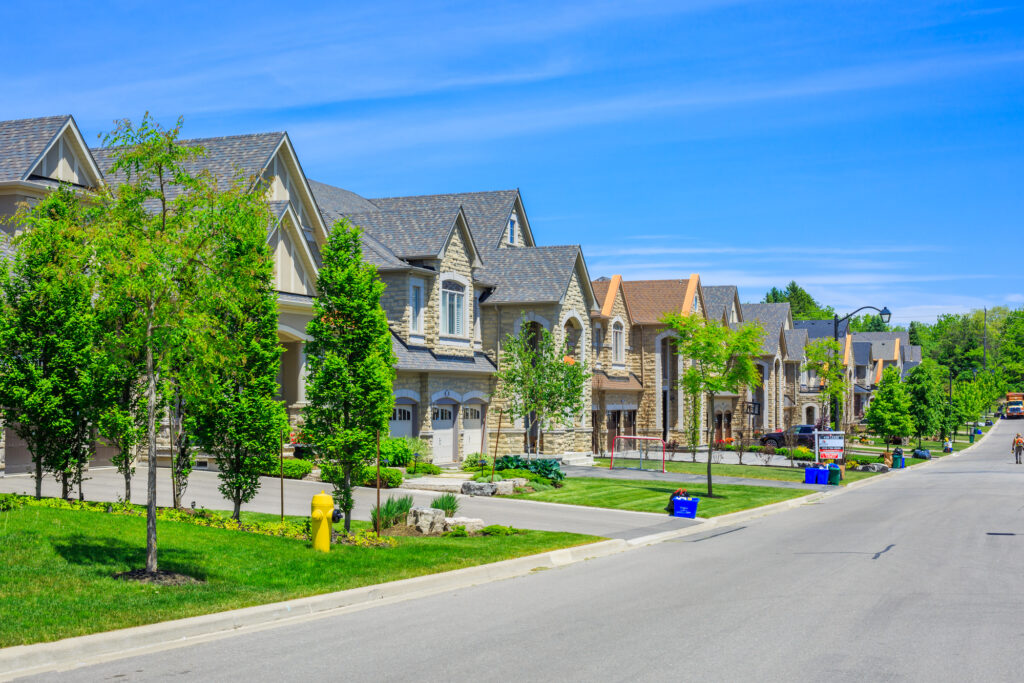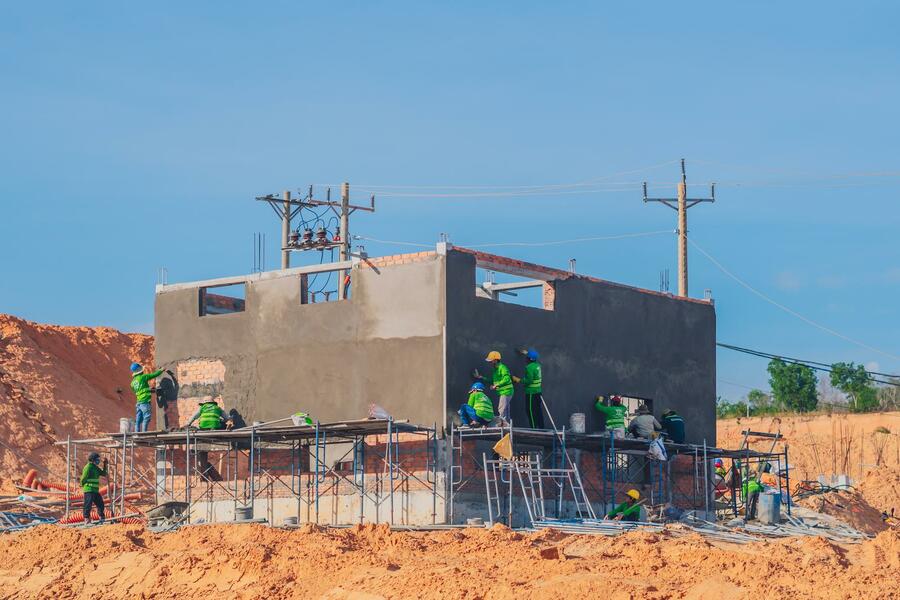An explosive report on Toronto’s controversial Housing Now initiative highlights the challenges and expenses of building in the city, including a slow approvals process and high taxes and fees.
Housing Now, part of the city’s HousingTO 2020-2030 Action Plan, aimed to develop affordable housing on city-owned sites within mixed-income, transit-oriented communities. Despite committing over $1.3 billion in funding and incentives, construction has not started on any site more than four years after the initiative’s approval. External factors such as COVID, interest rate hikes, and labor shortages contributed to delays, but the report emphasized that it is the high costs of building that are significantly affecting the initiative’s progress. These costs have increased nearly four times faster than rents over the last three years.
With housing affordability at a record low and homeownership rates dropping, it is crucial to accelerate the approvals process and reduce taxes and fees on new home construction to prevent a future exodus of young people from the city. Read the full article:
A recent report on Toronto’s Housing Now initiative sheds valuable light on just how difficult – and expensive – it is to build in the city.
It serves as proof-positive that a slow approvals process, and exorbitant taxes, fees and levies which account for 31 per cent of the cost of a new home, are making the act of building market housing more challenging by the day.
Specifically, the report notes, construction costs have increased by more than 63 per cent, or more than 20 per cent year over year since 2019, making Toronto the most expensive city in Canada to build high-rise residential. In fact, construction costs have increased nearly four times faster than rents over the last three years.
The findings in the report should serve as a wakeup call to councillors. It is ironic that at the same time construction costs are escalating, the city expects the industry to nonetheless do more in the face of obstacles which have stalled Housing Now.
City leaders need to introduce performance standards on approvals reviews and staff need to work with the residential construction sector to introduce and implement municipal policies that actually support new home construction rather than create often insurmountable hurdles.
Housing Now, a component of the city’s HousingTO 2020-2030 Action Plan, is an initiative to activate city-owned sites for the development of affordable housing within mixed-income, mixed-use, transit-oriented communities.
Phase one was launched in 2019 with 11 sites, phase two added six more in 2020, and phase three added four in 2021. To date, the city has committed more than $1.3 billion in land value, capital funding and financial incentives to the program, making it one of the biggest municipal financial investments in housing underway today.
But wait for it.

More than four years from the date the initiative was first approved by council, construction has not yet started on any site. Ten sites have been rezoned, with six market offerings completed. Some are expected to begin late this year.
According to the report, slowdowns resulting from COVID, interest rate hikes, labour shortages and supply chain disruptions have been a factor. Changes to federal National Housing Strategy programs, and the provincial More Homes Built Faster Act which has eliminated development charges on some projects, are others.
However, the summation of the report is that significantly increased costs associated with the construction of housing in Toronto are impacting the ability of the municipality to deliver on the Housing Now initiative.
It is imperative that the city pivot as the industry has done to meet these ongoing and new challenges because the problem is not going away. In fact, it is getting worse. We need 1.78 million new homes in Ontario in the next decade. To reach that, we must double production.
Presently, individuals need to make more than $200,000 a year to buy a home in Toronto. The average monthly rent in the city is $3,122 per month, a 13-per-cent increase from just one year ago. With 700,000 new Torontonians expected by 2051, it’s not going to get better – without bold action.
According to the city’s own figures, about 40 per cent of the city’s renter households are living in unaffordable housing, and home ownership rates are dropping as affordability falls to the lowest level on record.
So, we must speed up the approvals process and reduce the taxes, fees and levies on new home construction.
These factors are having a massive impact on Housing Now and have much the same impact on market-built housing. Why wouldn’t they? The same challenges confront the market residential sector.
Rather than create insurmountable hurdles to success, city leaders must implement municipal policies that actually support new home construction – not stymie that effort.
Having a place to call home, whether for an individual or a family, is the foundation upon which all success in life is based. It is difficult to be a successful employee or students without a secure home.

Consequences of the housing affordability and supply crisis are the greatest threat ever to Toronto’s future.
If we don’t effectively and quickly address the housing supply and affordability crisis, young people will choose to leave the city. If they do, then sadly, all aspects of our province, from our diversity to our economic prosperity, will be affected for generations to come.
RESCON wants to work with the city to help fix municipal policies and governance that are contributing to the current situation. Our goal is to build more of the much-needed housing that we need.
Richard Lyall is president of the Residential Construction Council of Ontario (RESCON). He has represented the building industry in Ontario since 1991. Contact him at media@rescon.com









